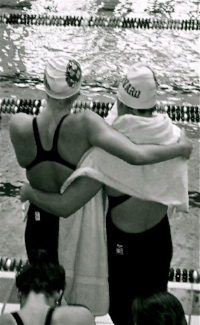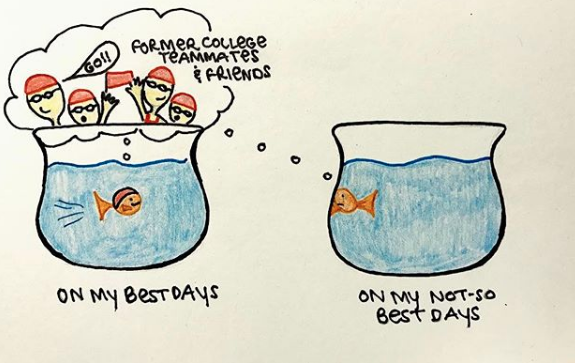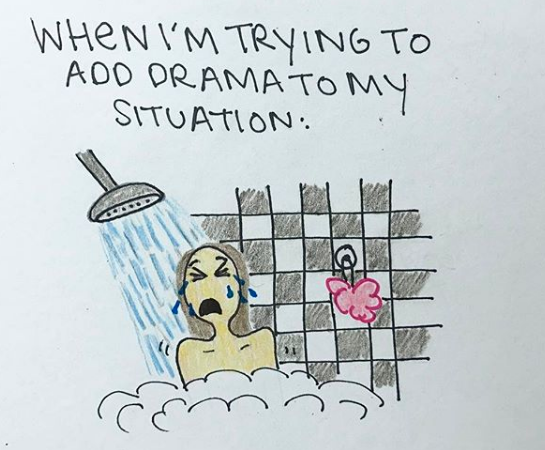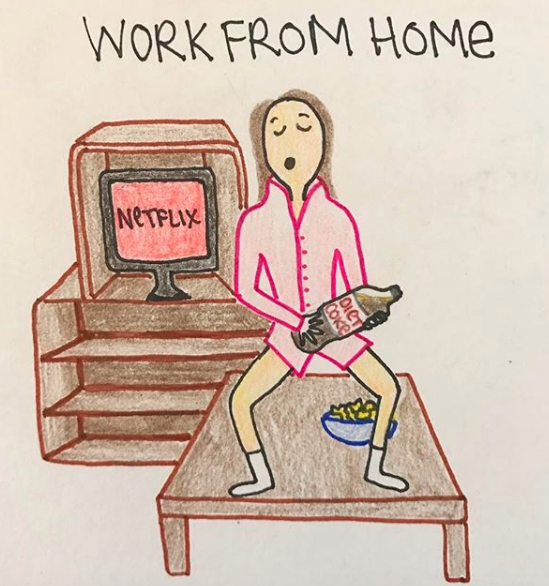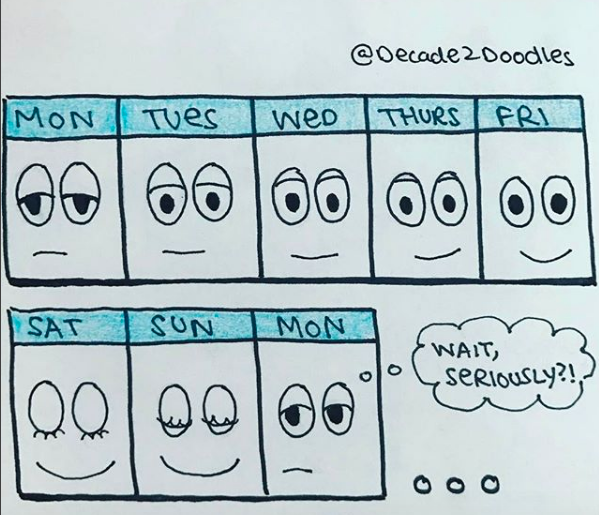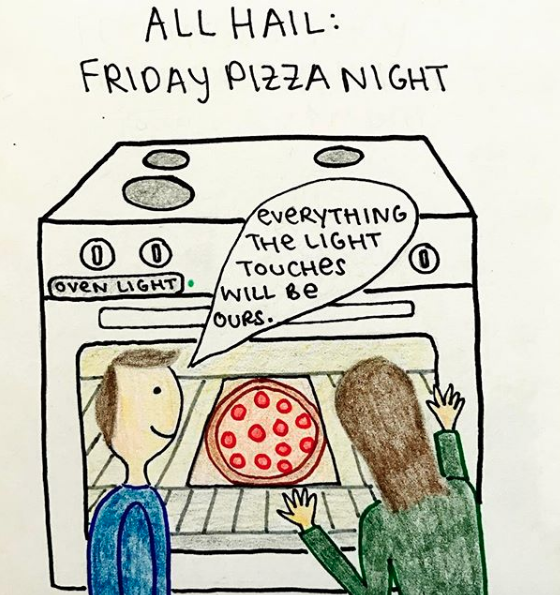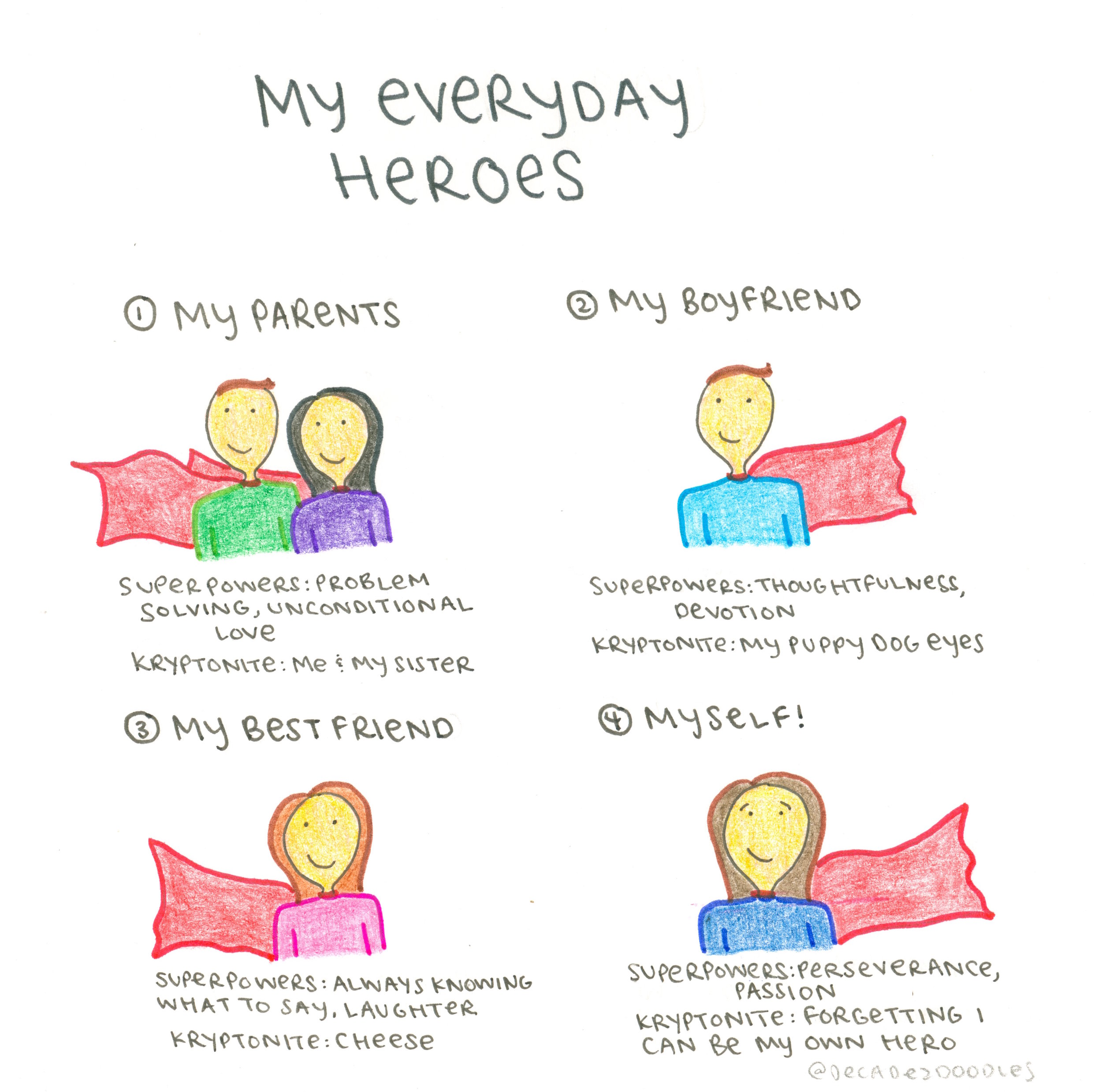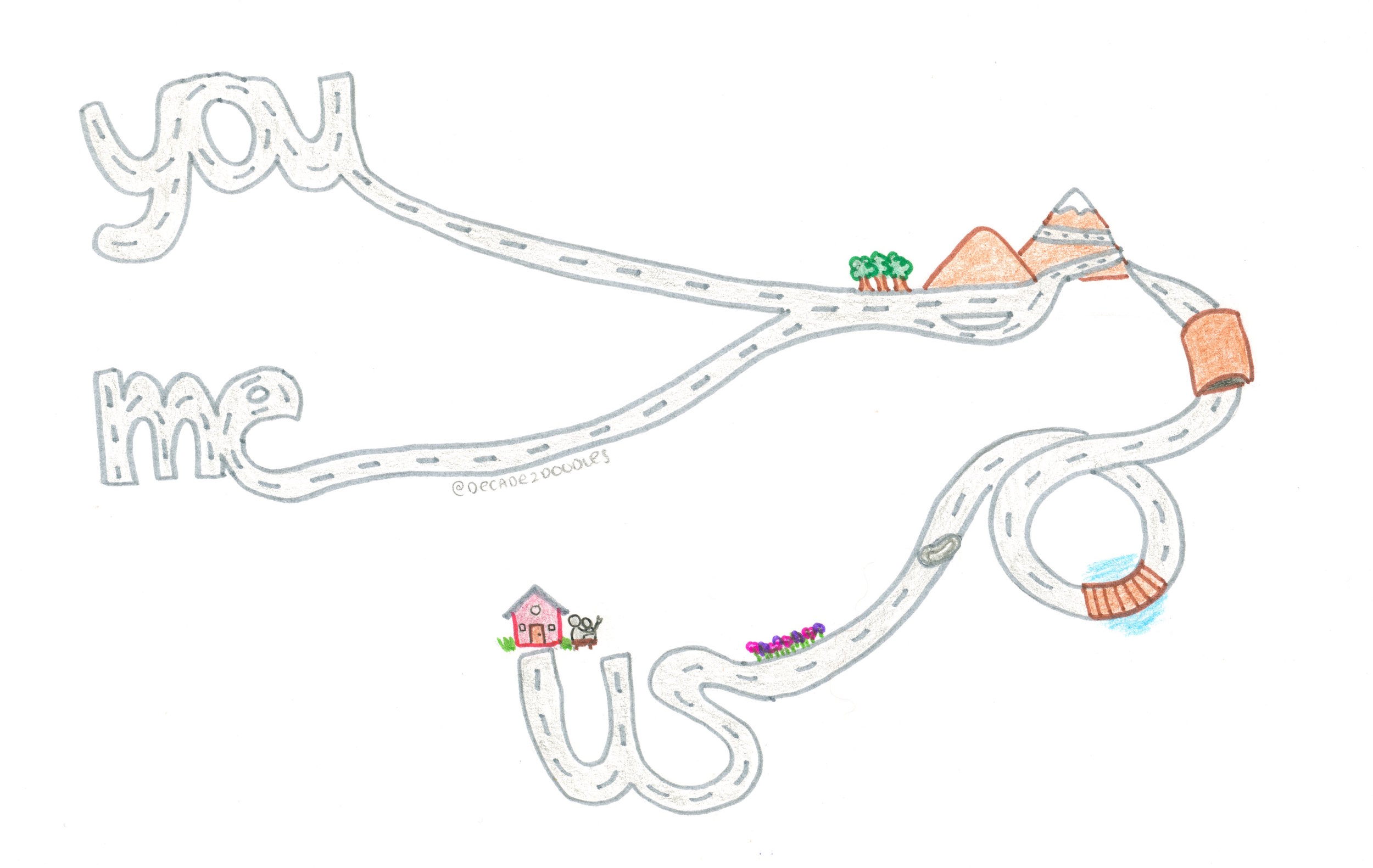The End
An all-too-familiar feeling took over my legs; arms; heart. My legs ached with each motion forward, pain pulsating through them like lightning. My arms felt as though claws gripped around them, tightening their hold with each push onward. And my heart; my heart was full. About to burst, really: about to burst with the exhaustion from pumping blood to those tiring limbs, but also with the pride and camaraderie that had made its way into my bloodstream over the past four years.
And then I touched the wall. And it was over.
The pain in my limbs settled, but the feeling in my heart grew. I looked over at my teammates on the side of the pool, proud and supportive, and my heart did, in fact, burst. I exploded into tears, a few drops of salt water mixing with the many drops of chlorine. The last race of my collegiate swimming career was over, and my emotions were as fluid as the water I had floated through for so many years.
I literally and figuratively hit a wall that day. I hit the pool wall to signal a stop to the clock tracking the speed of my 200 yard breaststroke, which read 2 minutes and 15 seconds. But I also hit a more figurative wall, which signaled a stop to the clock tracking my identity as a proud, strong swimmer. That clock read 13 years. And that wall was the wall that knocked me down.
So many college athletes feel this way as they transition out of their sport: a loss of identity, of meaning, of purpose. Throughout my life, I considered myself a “swimmer.” I wore the title proudly, and even more proudly when I became a “Harvard swimmer.” While I always thought I had been honest with myself about knowing my sport would come to an end and that swimming did not define me, it sure did feel as though a big part of “me” had sunk straight to the bottom of the pool as I climbed out of it for the last time.
What was I supposed to do now, with this burst, deflated heart?
The Beginning
I graduated, I said goodbye to my best friends and teammates, and I “moved on.” I rented an apartment with my boyfriend. I started a job.
But life became old just as quickly as it had become new. And I had never felt more homesick.
I had never missed my parents and my New Jersey home as much as I did when I was packing my lunch for another 8 hour day in an office. I had never missed them as much as I did than on my hour long commutes into work. Or when my boyfriend and I fought over sleeping with the fan on or off in our small apartment.
I think it was because I felt like I didn’t have a home. I had an immediate home at Harvard: Blodgett pool. And, I had an immediate family: the swim team. I never really had a moment in college where I ever felt truly homesick. But now, that was gone. In fact, one day at work I accidentally called my apartment my “hotel” to a coworker (to be fair, we lived in an apartment complex that had a very “hotel” feel, but still…).
All of a sudden, my twenties felt very hard. Harder than the classes I took at Harvard, and even harder than the threshold swim practices that brought me to the point of vomiting without fail. I remember commuting in on the Red Line one day, looking at my reflection in the dirty MBTA window, and watching tears well up in my eyes. I didn’t want to go to work. I didn’t want to work out alone. I didn't want to go home to my "hotel." I didn’t want to feel so lost.
I wanted to have an outlet; I missed having the pool as a channel for my emotions. I wanted to find humor in tough moments and make others laugh; I missed making my teammates laugh in the locker room before practice. I wanted to appreciate my relationships; I missed supporting my teammates every day and feeling supported by them in return.
I returned to my phone, a habit of my generation that I wish I could rid myself of, and I opened Instagram. I had just started following @ScribblesbyNicole after first following @ByMariAndrew, and seeing their posts made me smile. I thought for a second: maybe I could do that. Maybe I could draw simple things every day as a way to journal my thoughts and feelings. Maybe, I could even have others feel along with me.
So, truly on a whim, I gathered some old colored pencils and markers I had lying around my apartment. I purchased a small $10 sketchbook. Then, I uploaded some very poor doodles that were captured in some very poor light to my brand new Instagram: Decade2Doodles. And with every doodle, my deflated heart felt as though it had something pumping through it again: a bit of passion.
The Middle
I’ve grown tremendously since starting this adventure of drawing and posting every day for a year, and I’m so happy to have been able to catalogue so many of those moments through Decade2Doodles. I have learned to live peacefully with my boyfriend (in case you were wondering, we put the fan on "low"), have made incredible friends at work (hi, Randi and Vanessa!), and have stayed connected to those I love more than anything (I hope they don't mind all my tags). Perhaps most importantly, I have been able to express my creativity in a way I didn't even fully realize I was missing.
Decade2Doodles has reminded me that there are wonderful people out there, all feeling and sharing and hoping and living. It has taught me that you don't have to be perfect to start something or be understood (I mean, did you see my first few posts?!).
In September I turned 25, which technically marks the middle of my “defining decade.” Through this experience, though, I've realized that I'm in an infinite middle of defining my "new" me. With many thanks to Decade2Doodles and the incredible support system that has grown from it, the "me" that had sunk to the bottom of the pool has since floated up to the surface, buoyant and breathing some new life. And I'm incredibly grateful to you all for that.

